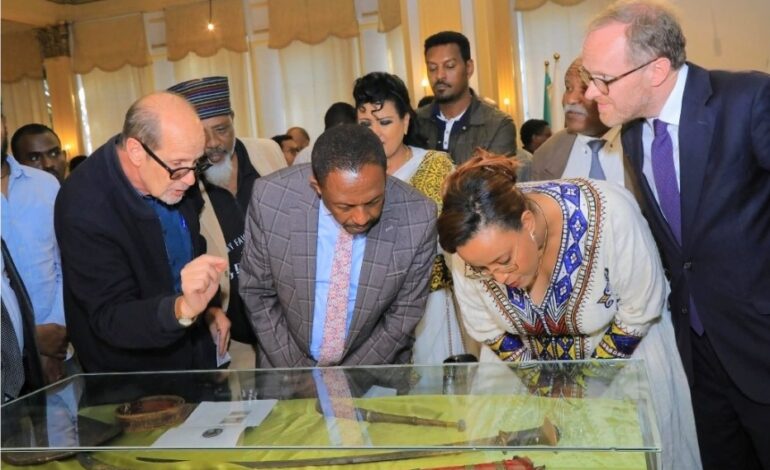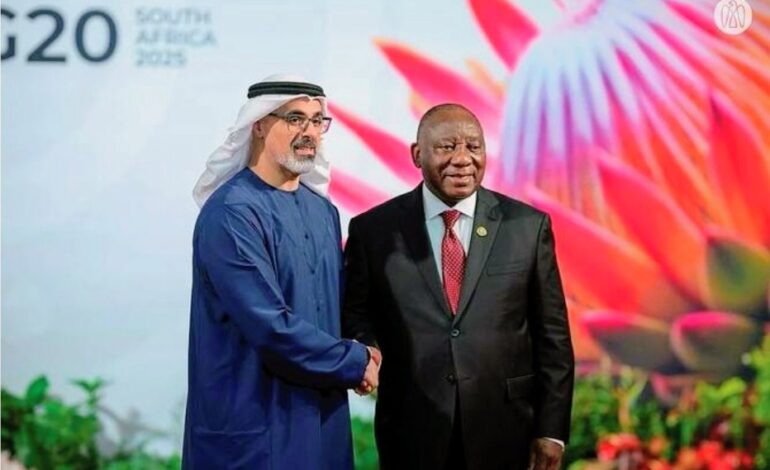
Njoki Kangethe
Across Africa, the relationship between foreign nationals and local labour has long been complicated, but recent events have made something painfully clear: the imbalance is no longer subtle. It shows up in workplaces, on construction sites, in hotels, in EPZ factories, at tourist resorts, and even in the way some foreigners speak to or handle African workers. These incidents are not random or isolated; they are the product of deep historical, cultural, and economic forces that shape how both groups interact.
Some foreigners arrive on the continent with a sense of entitlement: a belief that they deserve better treatment, that they can ‘get away’ with almost anything, and that African workers should quietly endure whatever behaviour is handed to them. At the same time, many Africans, conditioned by media narratives and economic precarity, have internalized a subtle but powerful inferiority.
Eurocentric schooling also plays a quiet but powerful role in this imbalance. For decades, African education systems have centered Europe as the source of knowledge and modernity, while African histories, innovations, and intellectual traditions receive little emphasis. As a result, foreigners often enter African workplaces already positioned, by the curriculum itself, as authority figures; a legacy that fuels the entitlement some expatriates display and the vulnerability many African workers feel. Unfortunately, this vulnerability shapes how people respond to abuse, how they avoid confrontation, and how they rationalize mistreatment as simply ‘how things are.
Recent cases in Kenya have made these dynamics impossible to ignore. One viral example involved a Chinese manager in Eldoret who was captured on video physically assaulting a Kenyan worker at the TCM Mabati Factory. The public outrage was immediate, and the Central Organization of Trade Unions (COTU) demanded his deportation as a serious violation of workers’ rights and dignity (Mambo). In response, the Chinese national, named Shi Zhending, was eventually deported (Standard).
COTU’s condemnation was not limited to that assault alone. In a separate letter, its Secretary-General Francis Atwoli also raised concerns about another Chinese national at an Export Processing Zone who allegedly forced workers to sing Chinese songs before, during, and after work, while verbally abusing union leaders (The Star). The union made direct appeals to both the Labour and Interior ministries to tighten monitoring of foreign-run enterprises and enforce labour standards more strictly (Standard).
Not all abuses come from managers, though. In Diani, Kwale County, a Dutch national named Elwin Ter Horst was recently arrested for allegedly assaulting his girlfriend in a hotel. Video footage later circulated showing him in a heated confrontation with police. Authorities have since made moves to deport him (Standard).

Beneath these cases lie deeper structural forces that influence behaviour on both sides. Africa’s high unemployment rate means many workers cling to any job, even under abusive conditions; the risk of retaliation or dismissal keeps complaints minimal.
Layered onto this is a lingering psychological legacy: long histories of Eurocentric education and media representation that elevate Western authority and subtly devalue local voices. This imbalance of power is compounded when foreign managers assume they know better, behave disrespectfully, and workers feel they cannot resist.
Across the continent, labour laws and policies vary, but many share common challenges. In Kenya, the Employment Act sets minimum standards for working conditions, including contracts, wages, and disciplinary procedures, while the Export Processing Zone Act (Cap. 517) governs firms in special industrial zones. South Africa’s Labour Relations Act and Basic Conditions of Employment Act provide protections for both permanent and temporary workers, while Ghana enforces labour standards through its Labour Act 2003.
Across the continent, trade unions and regulatory bodies are increasingly calling for stronger enforcement, linking foreign work permits to compliance records, and tightening oversight of multinational employers. Regional frameworks, such as the African Charter on Human and Peoples’ Rights and ILO guidelines, also encourage the protection of worker rights, fair treatment, and equitable labour practices, although enforcement remains uneven.
Kenya’s legal framework does offer some protection, but enforcement remains a challenge: inspections are infrequent, and companies with foreign ownership can circumvent scrutiny. Trade unions like COTU remain critical actors, using media, legal advocacy, and public pressure to ensure accountability.
On the immigration front, the government has the discretion to cancel visas, revoke work permits, and deport individuals who commit criminal acts. Yet the process is often reactive, triggered by viral content or public outcry rather than proactive oversight.
To address this imbalance, several reform paths are being explored. Policymakers are discussing linking a company’s right to sponsor expatriate workers with its compliance track record: repeated labour violations could lead to revoked sponsorship privileges. Proposals are also underway to strengthen labour inspections in EPZs and require cultural-competency and anti-abuse training for foreign managers.
But policy change on its own will not be enough. The real work must extend to consciousness: transforming how foreignness, power, and dignity are understood in African workplaces. It requires unlearning internalized submissiveness, demanding accountability, and reimagining labour not just as an economic transaction, but as a space of mutual respect.
These recent Kenyan cases are not merely scandals. They reflect a broader systemic imbalance rooted in history, entrenched hierarchies, and economic desperation. Addressing them means confronting not just behaviour, but the mindsets that allow such behaviour to feel normal in the first place. The future of African labour, and of Africa itself, depends on ending the tolerance of entitlement and demanding accountability from every actor.
RELATED
COTU CALLS FOR DEPORTATION OF CHINESE MANAGER AFTER VIRAL ASSAULT ON KENYAN WORKER
AFRICAN TRADE UNIONS ALERT U.N ON ABUSE OF MIGRANT WORKERS IN SAUDI ARABIA
URGENT INTERVENTION NEEDED TO PROTECT DYING KENYAN DOMESTIC WORKERS IN THE GULF- RIGHTS GROUPS








